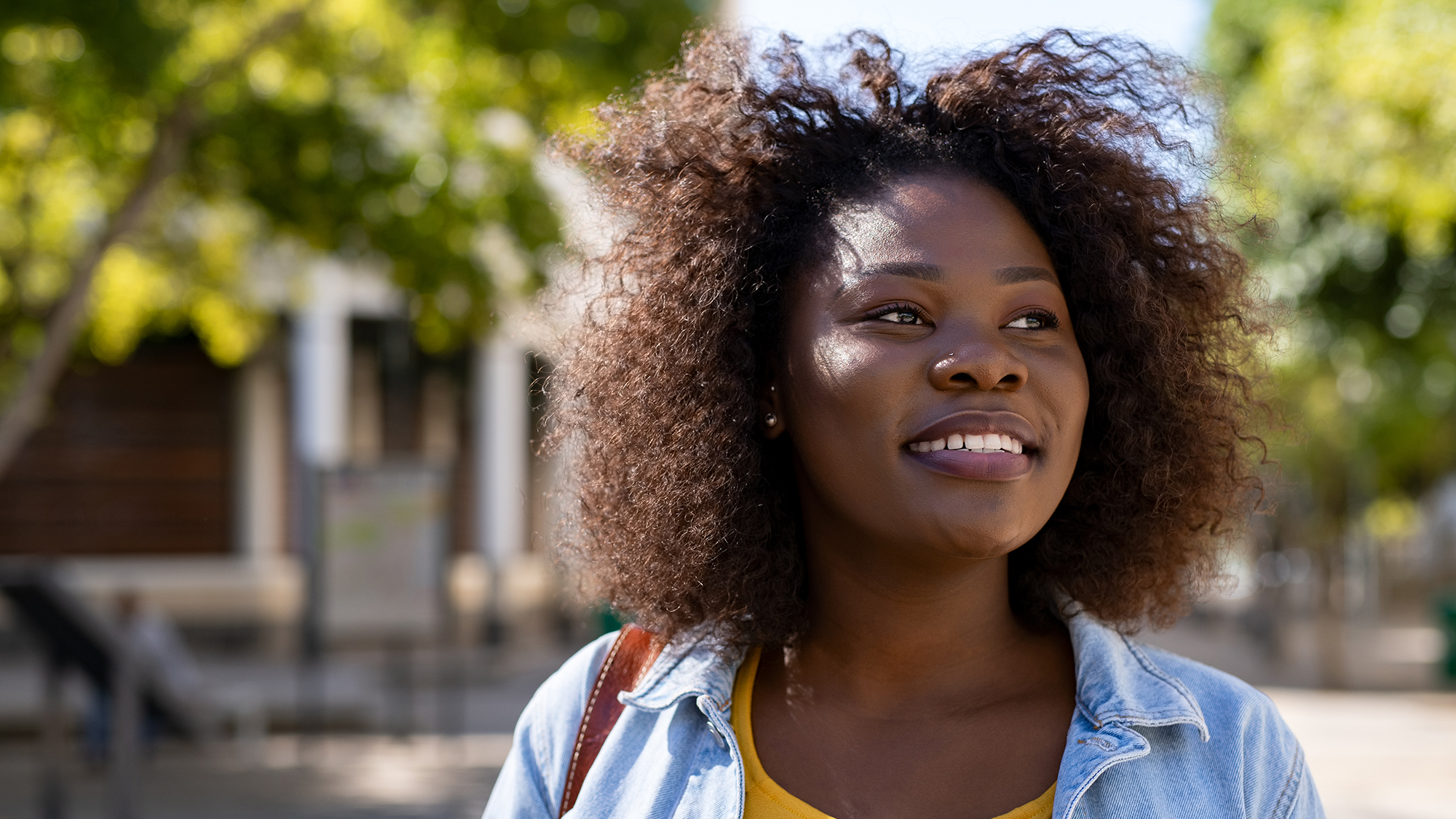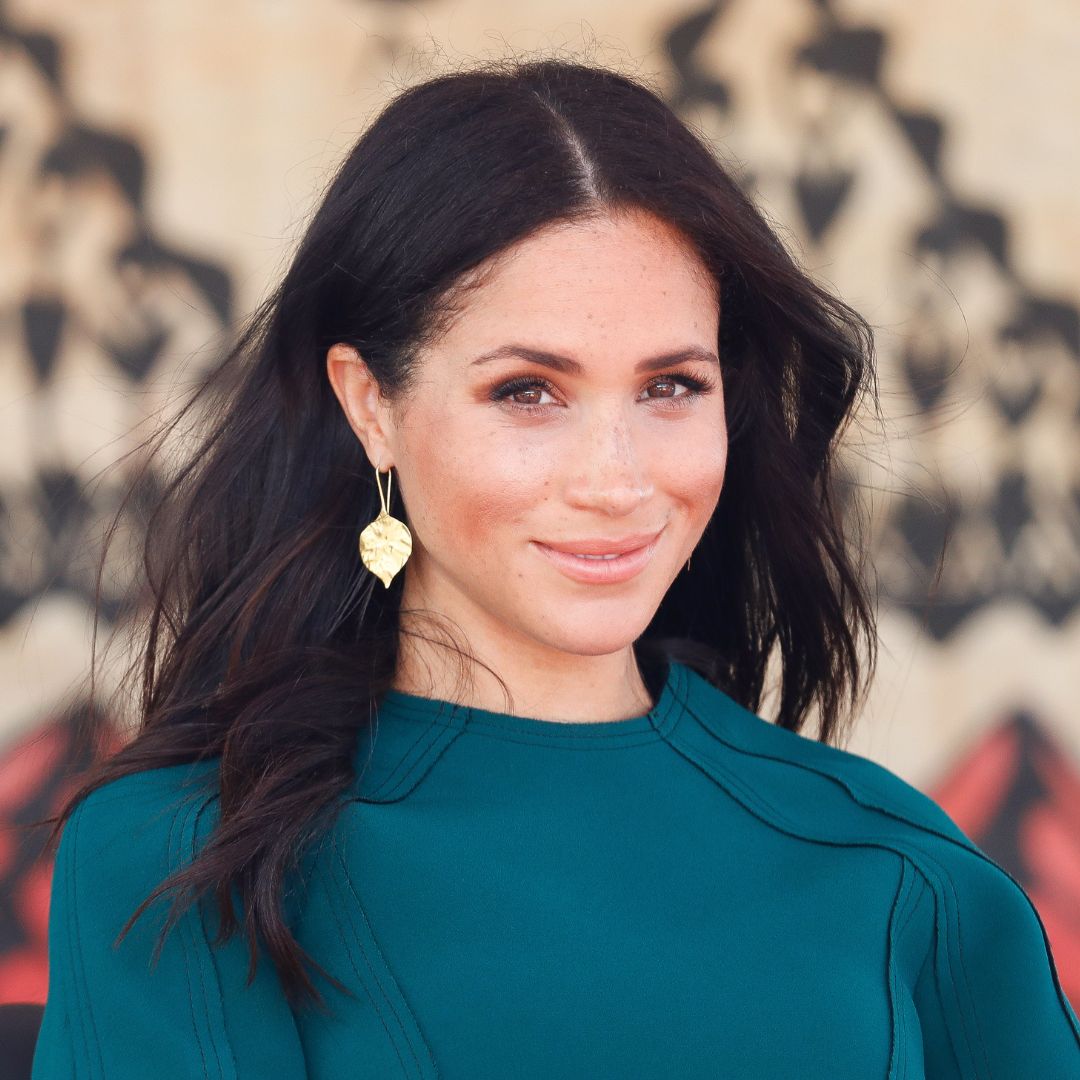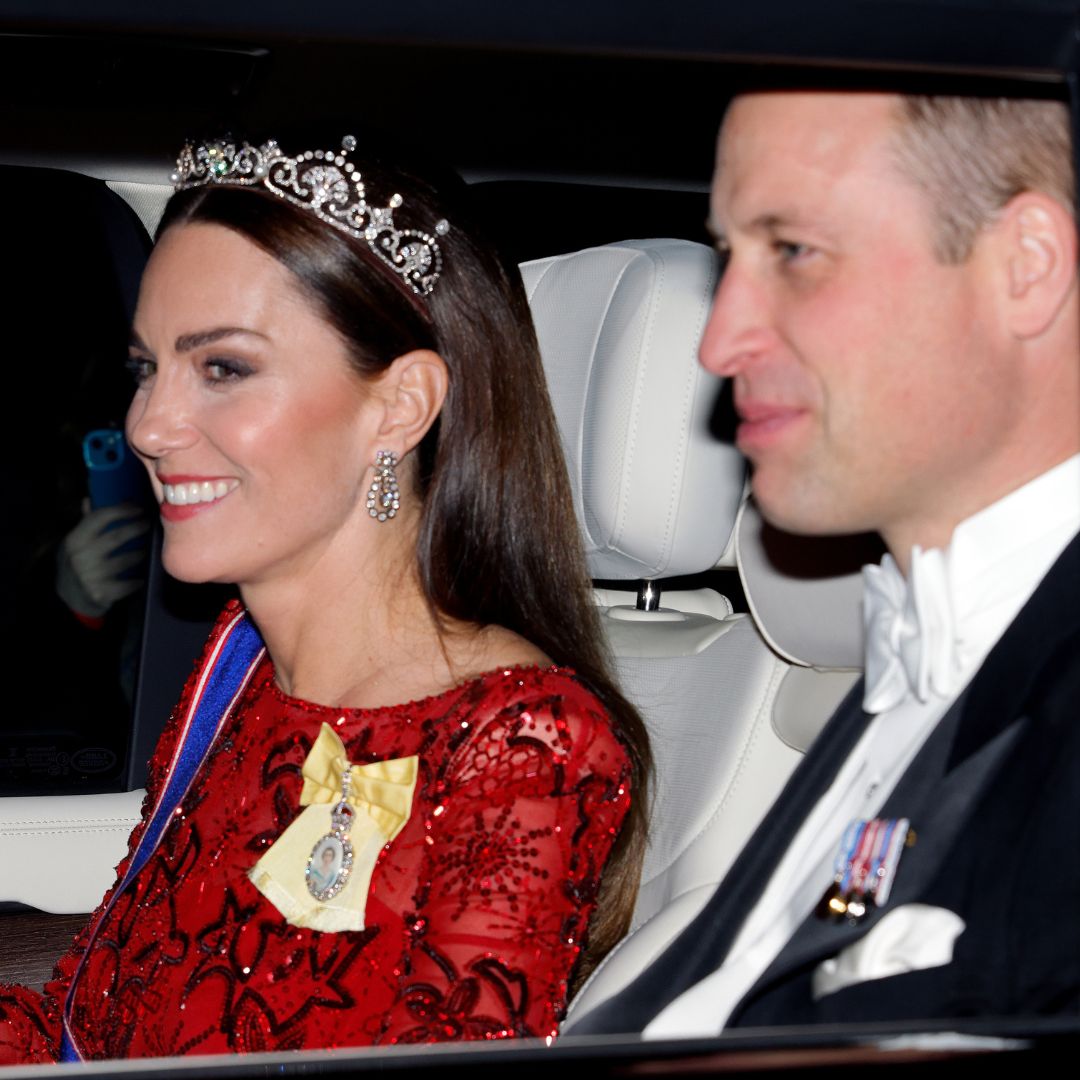Yes, body neutrality is a thing: here's why you should embrace it this year
Keep scrolling for a deep dive into what it means to be body neutral

Keep scrolling for a deep dive into what it means to be body neutral
Ever heard of body neutrality? It's a fairly new ideology gaining traction with psychologists, influencers and life coaches that states you can exist without thinking about your body in a positive or negative way.
It disconnects aesthetic looks from personal worth: that is, it reminds you that your physical appearance has no effect on how you can impact the world.
Feeling a bit meh after Christmas and intrigued by this middle ground between negative body image and body positivity? Then do read on - we've spoken to Jessi Kneeland, TEDx speaker, writer, iPEC certified life coach, and clinical sexologist, who's broken down what exactly the term means, plus explored how you could incorporate it into your daily routine.
It's time for a deep dive into body neutrality.
What is body neutrality?
"Body neutrality is a way of interacting with your body and your body image which means you are fully and consciously aware that your body does not have anything to do with your worth," Jessi explains. "It teaches that your value in the world has nothing to do with how you look, who you are, or what you are worthy of."
Got it? Sadly, most people are raised with some element of body negativity - it's societal, and a part of our culture. For example, being thinner is often associated with being worthy, happy, and successful. Not sure if you have a negative self-body image? This question will help: ask yourself if you've ever turned down a compliment for seemingly no reason. Answered yes? Then you may have some underlying issues.
Marie Claire Newsletter
Celebrity news, beauty, fashion advice, and fascinating features, delivered straight to your inbox!
Body positivity, on the other end of the spectrum, takes the same core message and tries to spin it in a positive way. "The body positivity movement teaches that we're all beautiful and therefore we're all worthy of great things," she explains. So where does body neutrality fit in to all of this?
"Body neutrality states that you can look any way, you can have any kind of body, and that it doesn't mean anything about who you are or what you are worthy of in the world," Jessi shares.
An extension of self-acceptance, body neutrality has come to the fore in recent years almost as a knee-jerk reaction to an overwhelming societal obsession, in the Western world, at least, with how people look. Instead, it aims to surpass it altogether: removing how people look from the total sum of what makes them an amazing human being.
Why is body neutrality important?
Good question. Jessi points out that if you believe how you look changes your place in the world, you could get a shock when you do face body changes. "There are so many things that can happen in your life to change your body - pregnancy, illness, weight gain or loss, ageing - and, if you don't believe in body neutrality, you'll feel worthy of less as a result," she explains. Which you don't want.
And on top of that? "Body neutrality is important because it gives you access to a true sense of confidence, to a true sense of self-worth, and to a real resilient sense of worthiness. It reinforces that your body is good, whatever it looks like," Jessi explains.
So, the pros of body neutrality are pretty clear: it's accessible and liberating if you feel like you've been stuck in a cycle of body positivity and body negativity all your life. You don't have to like how you look to be body neutral - quite the opposite in that you never have to form an opinion about how you look at all.
If you don't like your body or feel like you'll never love your appearance, body neutrality could help you get rid of the power your body has over you, Jessi explains. "It's not easy for a lot of people to love their bodies, so body neutrality is more realistic for many." Hear, hear.
How to implement body neutrality into your day-to-day life
So you've understood the concept. Want to give body neutrality a go? Follow Jessi's top five tips.
1. Acknowledge your body image is not just about your body
It's commonly believed that it is, but Jessi says that's wrong. "Your body image isn't actually about your body - it's about something else. Feeling negatively about your body can't be fixed by looking different," she explains. She says it'll take you a long time to get your head around, but think of it this way: do perfectly fit and stereotypically beautiful athletes and models sometimes feel insecure? Yes. So looking different won't rid you of insecurities.
2. Discover what your body image is about
What have you learned about your body that makes you feel so negative about it, in other words, what meaning have you associated with your body that is so unpleasant? Sometimes it's that you'll believe your body stands in the way of being respected by your peers, or your body stands in the way of finding the perfect partner. "What emotional needs do you have that are going unmet, and how have you blamed your body for them?", Jessi asks.
Take care of those emotional needs so that you're no longer asking your body to do that for you, she advises.
3. Start fear facing
You read that right. "Say you crave freedom. You think your body stops you from being free, in other words, you can't wear what you want because you live in a larger body, the next step is fear facing and wearing a bikini, shorts or a tank top," explains Jessi. Then, you have chosen not to follow the rules you thought were true. This will help you heal wounds, Jessi reassures, and is important for moving forward with body neutrality. Remember: you are worthy.
4. Grieve your loss
This is important. Grieve the loss of the body you've wanted your whole life, or the body you once had. That's ok, and totally normal, says Jessi. "Let yourself grieve for the loss of that dream: the dream of what it would mean to fit those conventional beauty norms," she shares.
5. Go find the life you want
Surround yourself with people who are kind to you. Recognise only you can protect yourself from getting hurt again. "Everybody's body neutrality is going to be totally different, and so the journey to reaching it will be different, too," she adds.
5 body neutral accounts to have on your radar
Jessi Kneeland
Ayla Ghibaudy
The Become Project
Madison Ayers
Ashley Morgen

Ally Head is Marie Claire UK's Senior Health and Sustainability Editor, nine-time marathoner, and Boston Qualifying runner. Day-to-day, she heads up all strategy for her pillars, working across commissioning, features, and e-commerce, reporting on the latest health updates, writing the must-read wellness content, and rounding up the genuinely sustainable and squat-proof gym leggings worth *adding to basket*. She also spearheads the brand's annual Women in Sport covers, interviewing and shooting the likes of Mary Earps, Millie Bright, Daryll Neita, and Lavaia Nielsen. She's won a BSME for her sustainability work, regularly hosts panels and presents for events like the Sustainability Awards, and is a stickler for a strong stat, too, seeing over nine million total impressions on the January 2023 Wellness Issue she oversaw. Follow Ally on Instagram for more or get in touch.


